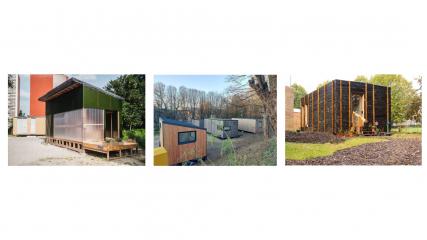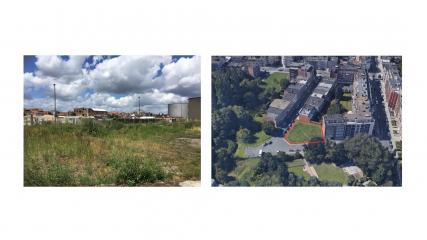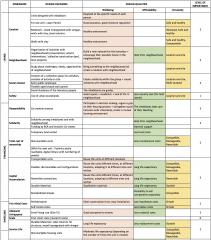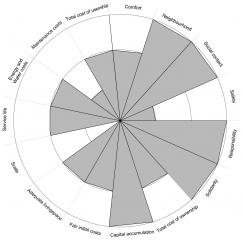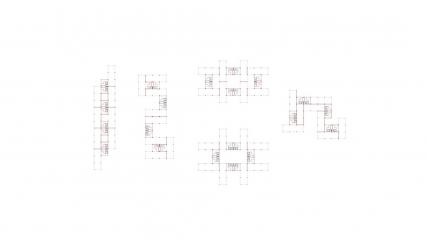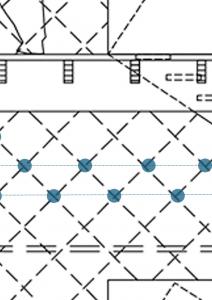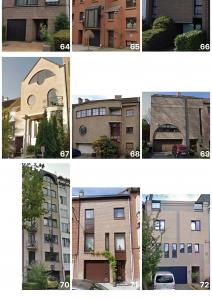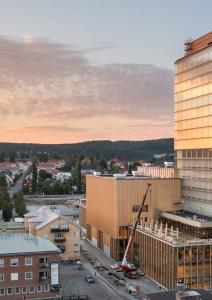Affordable Temporary Housing on Empty Fields
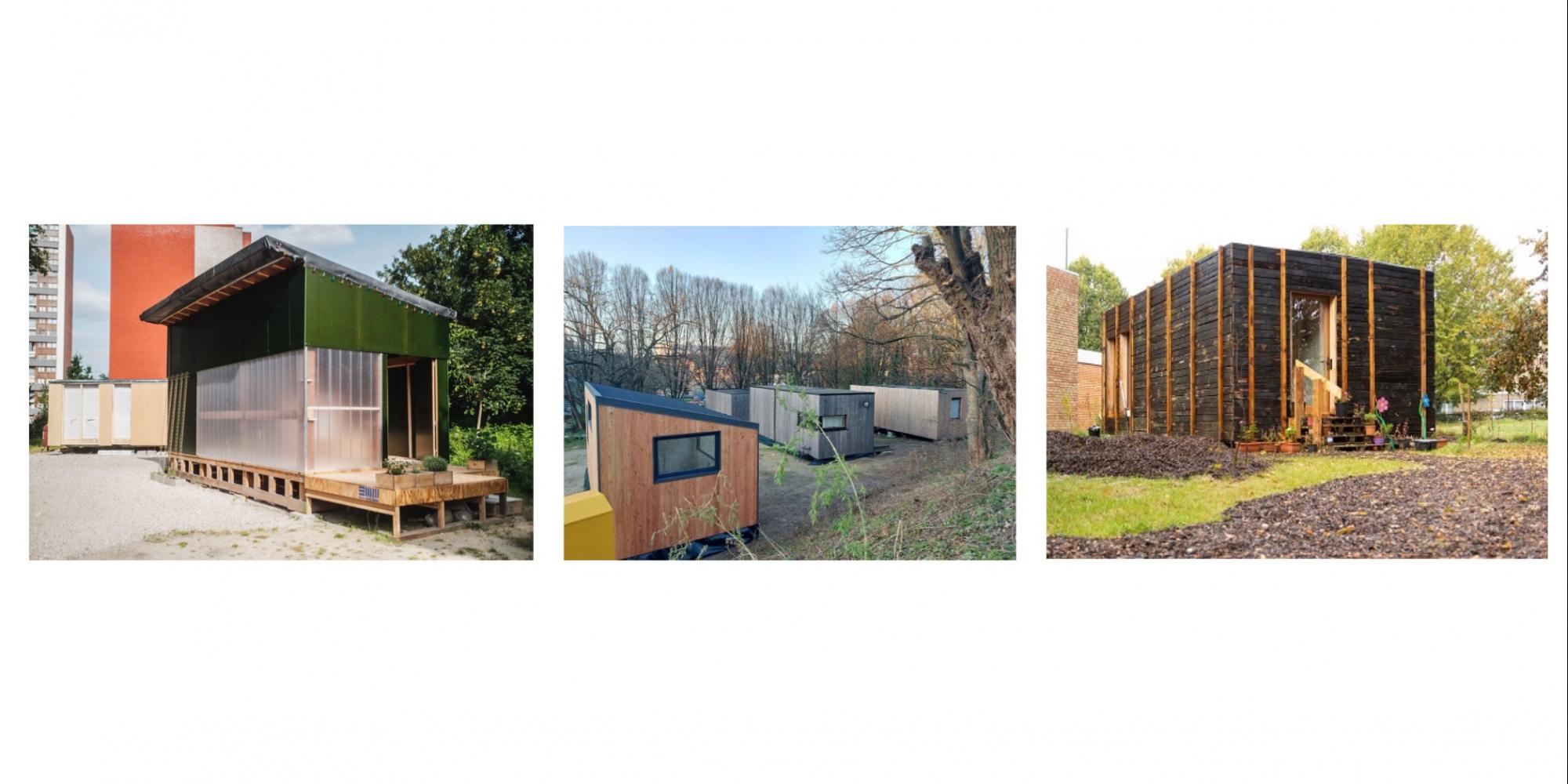
What are the opportunities that temporary housing on wastelands can bring in terms of welfare, financial savings and circular economy?
A severe housing crisis is taking place in Brussels, partly due to a lack of affordable housing. This can be put into perspective with the high number of vacant buildings and empty spaces that are present in the city. In order to offer an affordable housing solution, innovative projects of temporary housing on vacant sites have taken place in Brussels over the last years. The present thesis investigates the opportunities that this housing model can offer in terms of welfare, financial savings and circular economy. It also identifies the obstacles to its ongoing development.
To do so, five case studies are assessed through different dimensions related to affordability and quality. The first three case studies concern innovative temporary housing projects in Brussels. The fourth and fifth cases are examples of companies implementing temporary building on a larger scale. For each case study, the information is completed with the help of semi-structured interviews.
The case studies show that temporary housing on vacant sites can offer opportunities to reduce land costs, to reactivate disused parts of the city, to extend service life and value thanks to transportability and flexibility, and to accommodate homeless people or low-income households. The challenges that developers are facing today are legal constraints, finding available land, technical issues related to grid -connection, current increases in price of materials and fuel, neighbourhood’s acceptance, road legislations, and lack of openness towards a more flexible housing market.
- Academic year
- 2022-2023
- Date of defense
- 27 June 2022
- Theme
- sustainable architecture, collaborative design, urbanism
- Director 1
- Waldo Galle (VUB)
- Director 2
- Niels De Temmerman (VUB)

